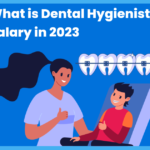Dental hygienist are licensed oral healthcare professionals who work under the direction of dentists. They assist patients in maintaining their dental health by brushing their teeth, checking for signs of oral diseases, and offering preventative care.
Dental hygienist play an essential role in oral care as they often serve as the first line of defense against common dental issues like cavities or gum disease.
- Education and Training for Dental Hygienists
- What Does a Dental Hygienist Do?
- Oral Prophylaxis: What You Should Know
- Teeth Cleaning: What to Expect?
- How Much Do Dental Hygienists Earn?
- What Are the Rewards of Becoming a Dental Hygienist?
- Job Prospects for Dental Hygienists: What Can Expect?
- Dental Hygienist vs. Dental Assistant: Which Is Best for You?
- Conclusion
Education and Training for Dental Hygienists
Before becoming a dental hygienist, one must first complete an accredited dental hygiene program.
These typically two-year programs provide both classroom and clinical instruction on dental anatomy, pharmacology, radiography, and more; moreover, they emphasize preventative care and patient education.

After completing an accredited dental hygiene course students must take the national board exam and the clinical exam in order to be certified to practice. Certain states may require additional licensure, or certification before they can practice.
What Does a Dental Hygienist Do?
Dental hygienists provide patients with a wide range of services, such as:
- Cleaning teeth and removing plaque and tartar buildup
- Examining patients for signs of oral diseases such as gum disease or cavities
- Taking X-rays or other diagnostic images
- Applying fluoride treatments to prevent tooth decay.
- Education of patients on proper oral hygiene techniques
- Making recommendations for additional dental care when necessary.
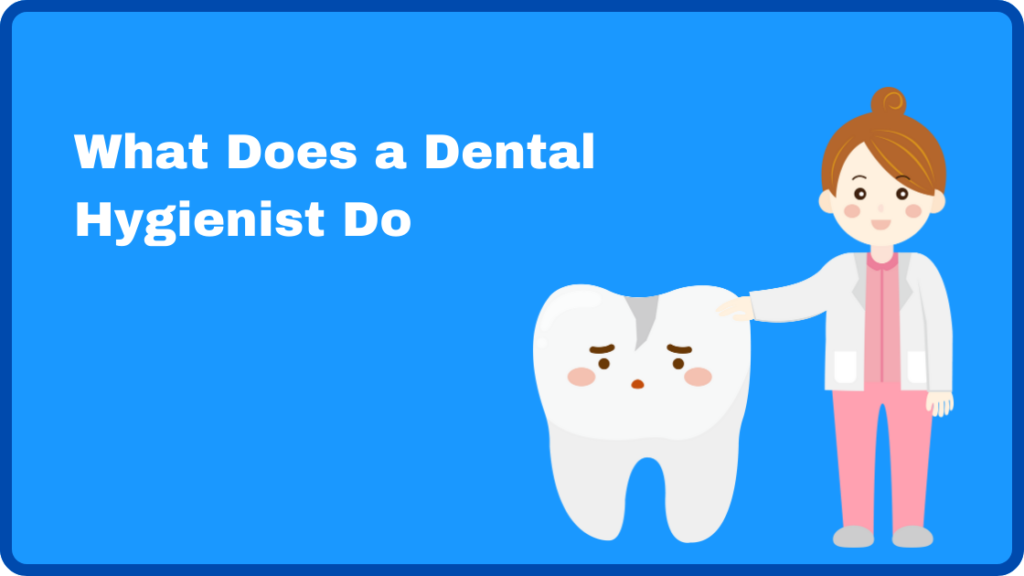
Dental hygienists collaborate with dentists to offer comprehensive care to patients. They take detailed patient histories, conduct oral cancer screenings and detect early warning signs of oral health issues.
Oral Prophylaxis: What You Should Know
Oral prophylaxis, otherwise known as teeth cleaning, is essential to dental hygiene. During an oral prophylaxis appointment, a dental hygienist will thoroughly clean your teeth to eliminate plaque or tartar buildup that has developed over time.
They’ll also polish them to remove surface stains and apply fluoride treatments to protect against tooth decay.
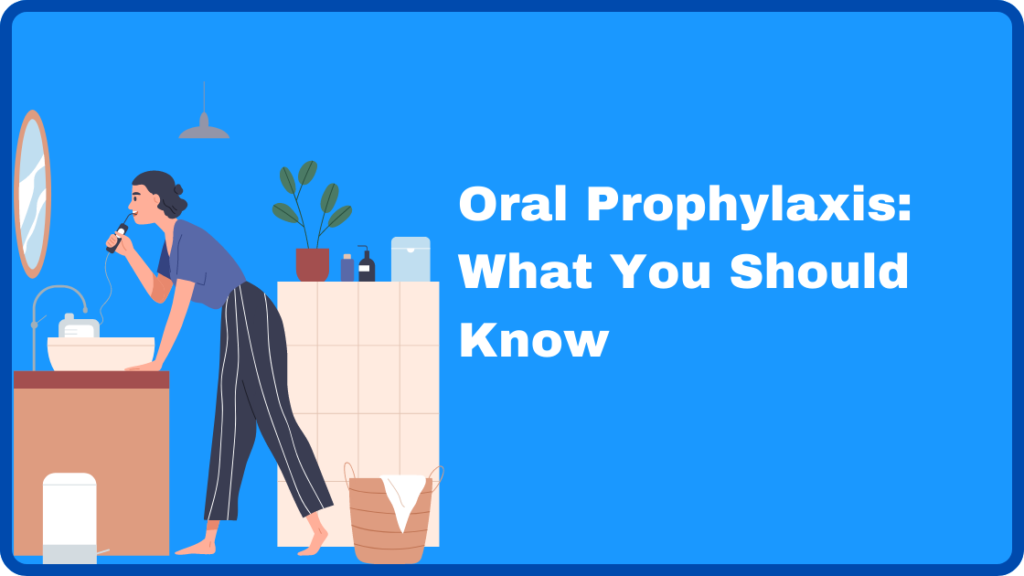
Most patients should receive an oral prophylaxis appointment every six months to maintain optimal dental health. However, those with certain medical conditions or more vulnerable to gum disease may need more frequent appointments.
Teeth Cleaning: What to Expect?
If you have never had an oral prophylaxis appointment, you may be unsure what to expect. Your dental hygienist will begin by inspecting your teeth and gums to look for any indications of oral health problems.
They then use specialized tools to remove plaque or tartar buildup from your teeth.
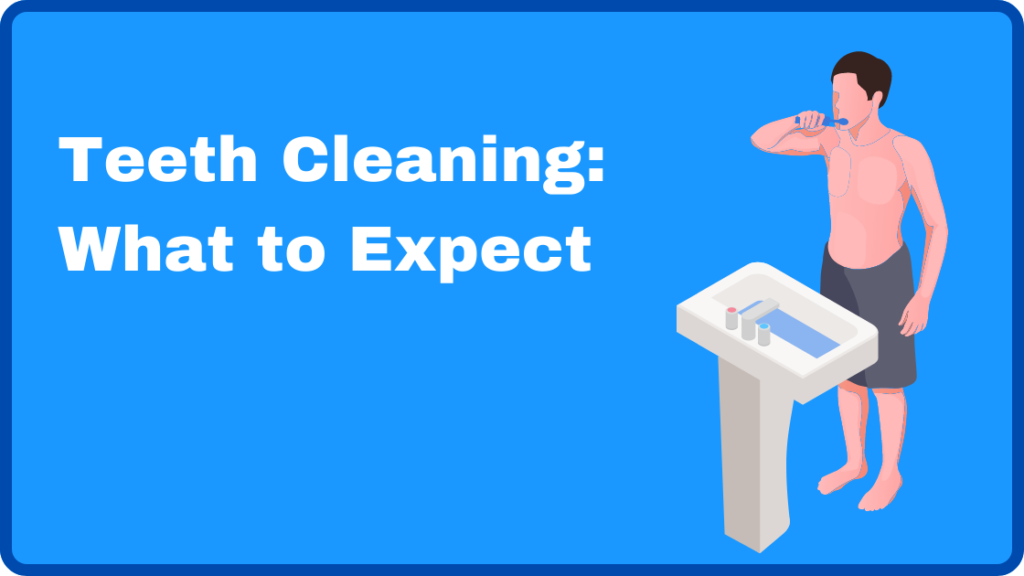
After brushing and flossing your teeth, your dental hygienist will polish them to remove surface stains and make them appear brighter and cleaner.
They may also apply fluoride treatments as a preventive measure against tooth decay.
How Much Do Dental Hygienists Earn?
Dental hygienists are often well-compensated for their expertise.
Data from the Bureau of Labor Statistics reveals that, as of May 2020, the median yearly earnings for dental hygienists stood at $77,090.
It’s worth noting, though, that this figure can fluctuate. Factors like where you work, how long you’ve been in the profession, and your level of education can influence the final paycheck.
So, while the field generally offers a rewarding salary, individual earnings can vary based on these considerations.
Dental Hygienist Salaries: How Much Money Do They Earn?
According to the Bureau of Labor Statistics (BLS), dental hygienists in America make an average yearly salary of $76,220. The highest 10% earned more than $103,340, while the lowest 10% earned less than $53,130.
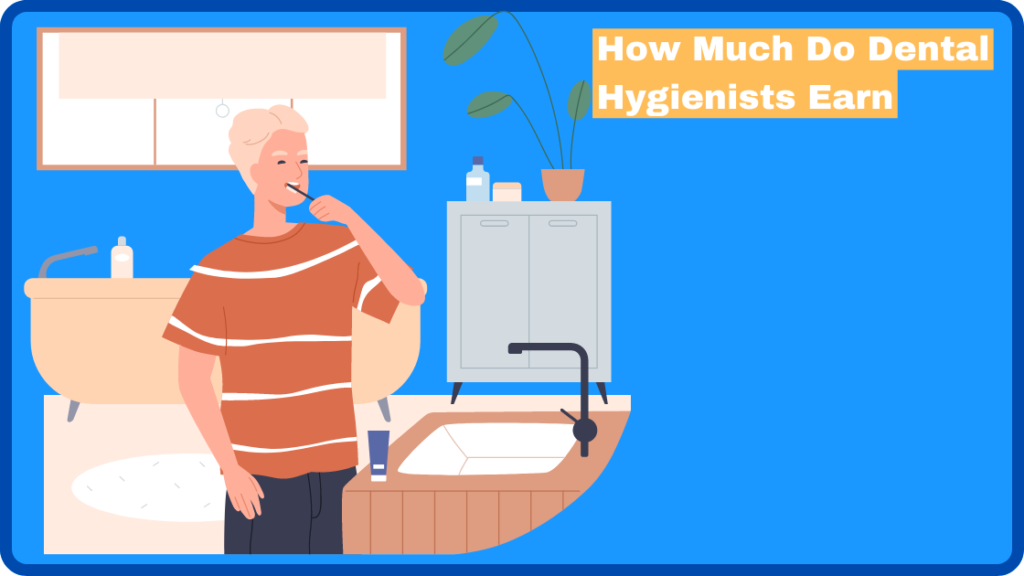
Generally speaking, those working in specialty practices tend to earn higher wages than their colleagues in general dental offices.
What Are the Rewards of Becoming a Dental Hygienist?
One of the many advantages of becoming a dental hygienist is earning a competitive salary and having job stability/flexibility.
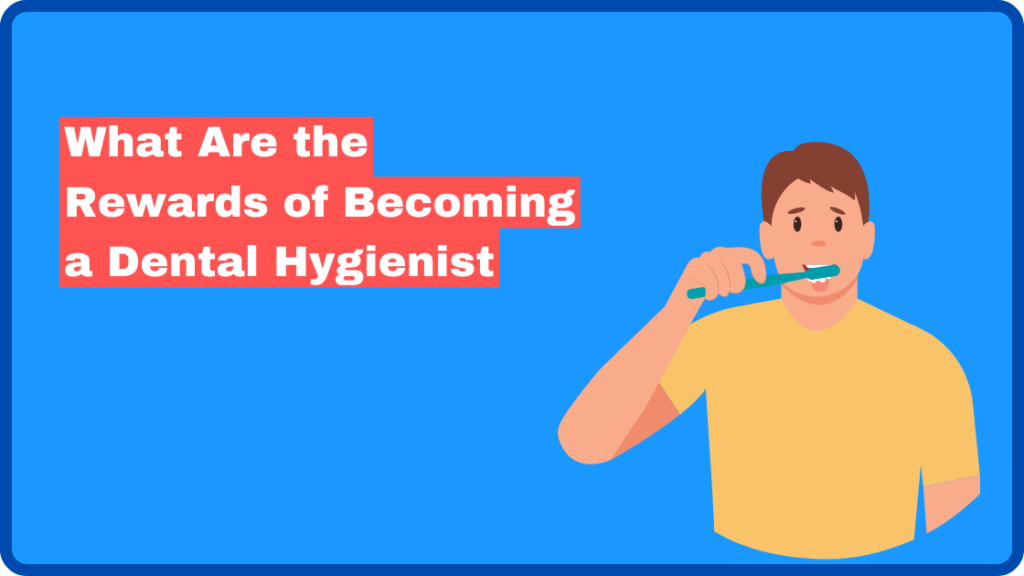
Many offices offer part-time or flexible schedules, ideal for working parents or those wanting to pursue other interests outside work.
Furthermore, dental hygienists greatly benefit from helping their patients maintain good oral health and prevent dental disease.
Job Prospects for Dental Hygienists: What Can Expect?
According to the Bureau of Labor Statistics (BLS), employment of dental hygienists is projected to grow 6% between 2020 and 2030 – nearly as fast as the average growth rate across all occupations.

With an aging population and more people maintaining their natural teeth, demand for these services should increase.
Furthermore, new technologies and techniques in dentistry may offer dental hygienists new opportunities to expand their scope of practice.
Dental Hygienist vs. Dental Assistant: Which Is Best for You?
Dental assistants and dental hygienists work in dental offices, but their roles and responsibilities differ.
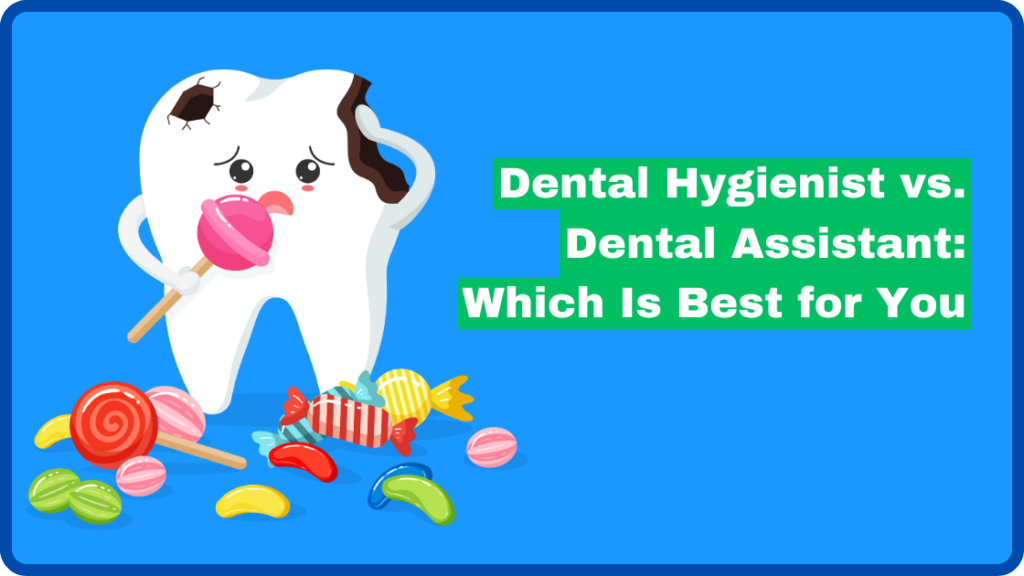
Dental assistants take patient histories, prepare materials for procedures, and sterilize equipment; they usually work under the supervision of dentists and dental hygienists without needing formal education.
On the other hand, dental hygienists must complete an accredited program and pass a licensure exam to practice. Together with dentists, they provide preventative and therapeutic care to patients.
Conclusion
dental hygienists are licensed oral health professionals that provide preventative and therapeutic care to patients. They typically possess an associate degree in dental hygiene and must pass a licensure exam to practice.
Dental hygienists enjoy competitive salaries, job security, and the satisfaction of helping their patients maintain good oral hygiene.
With demand expected to grow over the coming years and numerous career advancement opportunities within this field, becoming one of these dental hygienists could be your ideal profession!
